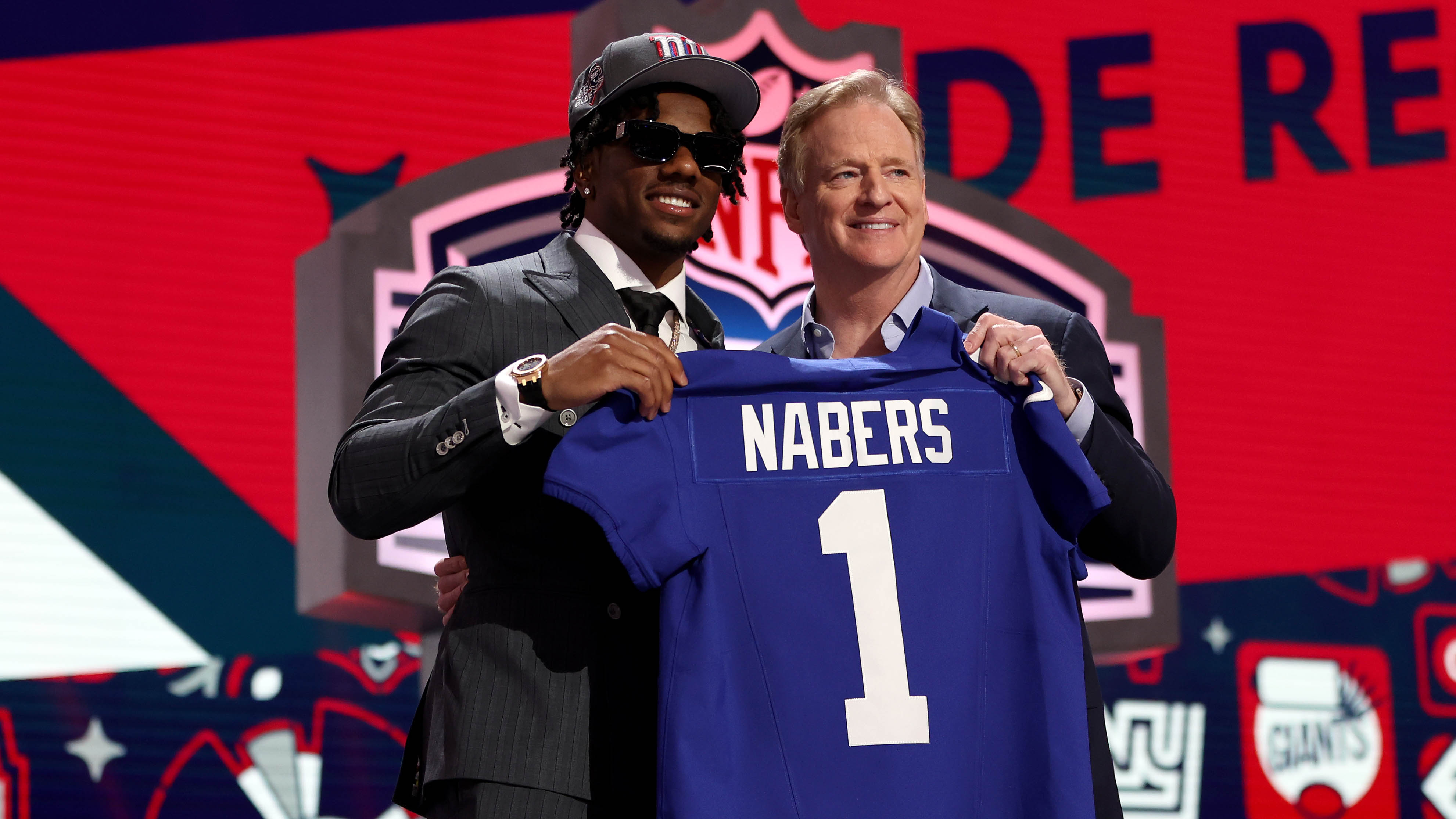He called it assisted suicide. A jury declared it was murder. Now a man who accepted a motivational speaker's offer to pay to be killed may be poised to learn what a judge thinks is due punishment in a case that tested the limits of helping people kill themselves.
Kenneth Minor was scheduled to be sentenced Monday for Jeffrey Locker's July 2009 death. Minor, 38, could face life in prison.
The case was unusual for broaching the concept of assisted suicide in the context of strangers staging a seeming street crime.
Locker approached Minor on an East Harlem street to ask for help with a death he wanted look like a robbery, so his family could collect as much as $18 million in life insurance, both prosecutors and Minor said.
Locker, 52, who co-authored a 1998 self-help book and gave presentations on handling workplace stress. But he was deep in financial trouble himself, partly because of his investment in a $300 million Ponzi scheme run by Backstreet Boys and 'N Sync mastermind Lou Pearlman.
Minor was a down-and-out stranger, a former computer technician with a record of drug arrests. He said he initially balked at Locker's request but started to feel sorry for him after hearing about his money troubles.
Prosecutors said Minor went beyond aiding suicide by stabbing the 52-year-old Locker seven times in the self-help expert's car.
Local
"This was murder for money, not a mercy killing," Manhattan District Attorney Cyrus R. Vance Jr. said after Minor's conviction last month.
Minor said he only held a knife while Locker repeatedly lunged into it.
"He was taken advantage of. ... He's no contract killer," his lawyer, Daniel J. Gotlin, said in his closing argument. He has said Minor plans to appeal.
Locker's family has been unable to collect most of the insurance money. His widow, Lois, said in a statement last month after the verdict that it would "be good to put this part of the healing process behind us."
Criminal cases surrounding assisted suicide have often concerned terminally ill people and the medical providers or relatives who help them end their lives. But a few other cases besides Minor's have involved looser relationships and people who weren't sick.



